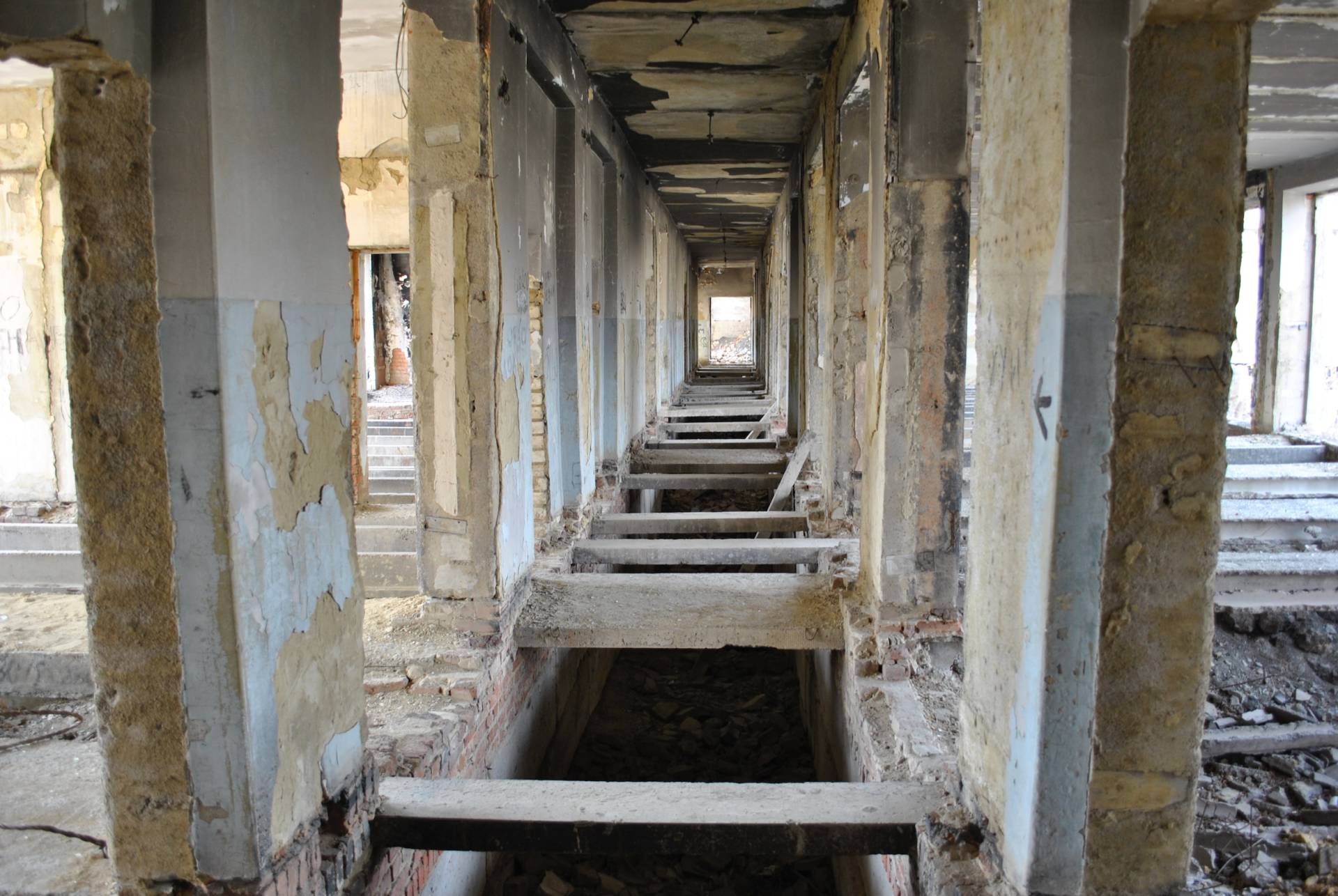The Brisbane floods of 2022 still haunt business owners. Last year brought out a massive story of the tenants of the 45-year-old Toombul Shopping Centre having all their business leases terminated. They were terminated as a result of the centre owner, triggering demolition clauses in all the leases, terminating them due to the impracticality of repairs and the high likelihood of future flooding. While the Toombul Shopping Centre is the most well-known example of this, it would not have been the only business lease terminated because of the destruction of the building. More alarming, property owners terminating business leases because of property destruction could very well happen again in the future and as a business owner, you should be aware of whether you can claim any compensation.
Purpose of a Lease Demolition Clause
Demolition clauses are included in almost every business lease. However, they are not usually called demolition clauses, demolition clauses are usually found under terms such as “Damage to Premises” or “Destruction of Premises”. These clauses are designed to enable either the landlord or tenant to reduce rent temporarily, or terminate the lease, when the property has suffered severe damage. With that being said, these clauses typically have a minimum requirement that the premises must be substantially unfit for occupation and use by the tenant.
Unlike relocation clauses, where compensation may be outlined in the lease, lease demolition clauses usually do not require landlords to compensate tenants in the event the lease is terminated due to destruction of the property. Landlords are not going to offer any sort of compensation for terminating a lease as a result of damage to the premises, because the landlord is usually not the reason for the damage and therefore believe it is unreasonable for them to compensation for an act they were not involved in creating. Toombul Shopping Centre’s demise was the flood, not an act caused by the landlord and the landlord had no control over and resulted in the whole centre being unfit for occupation.
Ultimately, the aftermath of unexpected events can leave tenants vulnerable, having their leases terminated with no backup plans of where to relocate and they may have to start from scratch. While demolition clauses have are highly harmful to a tenant’s rights under the leases, these destructive acts are generally outside of the landlord’s control and normally cannot be removed from the lease, as the landlord will not agree to remove it.
What possible compensation options may be available to tenants depends on whether the lease is a commercial or retail lease, the wording used in the demolition clause of the lease, and any type of preventative measures the lessee takes outside of its lease obligations.
Commercial Leases
Generally, tenants of a commercial lease are in the worse position. There is no separate act governing commercial leases and therefore, are regulated by the broad requirements of Queensland’s Property Law Act. Therefore, are no restrictions preventing a landlord from inserting a demolition clause and the landlord is not required to offer any sort of compensation if the premises are damaged or destroyed.
Ultimately, when a commercial tenant has a demolition clause in their lease, which the landlord and tenant cannot mutually agree to remove, the tenant should look at obtaining insurances that cover damage or destruction to business premises, as discussed in more detail below.
Retail Leases
Retail tenants have a little bit of extra protection under Queensland’s Retail Shop Leases Act. Under Section 43(1)(f) of the Act, landlords may be required to compensate a tenant’s costs of loss or damage suffered by the tenant’s early lease termination as a result of the premises being demolished.
If a tenant wishes to obtain compensation under this section from the landlord, then they must give the landlord notice of the tenant’s costs as soon as practicable, barring an agreement made by the parties, dispute resolution (such as conciliation conferences) may be required.
Tenants Insurance
Regardless of whether the business lease is a retail or commercial lease, a tenant can always look at giving themselves an extra layer of protection, just in case their lease is terminated early. The key for tenants is to take out adequate insurance. In particular, when it comes to considering demolition clauses, tenants may wish to look at taking out insurance policies such as flood insurance, contents insurance and business interruption insurance. Having chats to insurance brokers and providers about what policies could assist in protecting a tenant’s interest against early lease termination can give tenants some relief and compensation in times where the lease does not require the lessor to do so.
If you have any questions or require assistance with a leasing matter in Queensland, then please contact the property team at NB Property Law for more information.
Written by


Kayleigh Swift, Associate
Kayleigh Swift is the Director NB Property Law, where she also showcases her expertise in Commercial and Residential property matters. Prior to joining NoBorders Law Group, Kayleigh was part of a commercial property team in a mid-sized firm and held a position in a local council’s property department.
Kayleigh Swift
[email protected]
(07) 3876 5111
Chloe Skubis, Lawyer
Chloe Skubis is a Lawyer in our Property team who assists with various conveyancing transactions. Chloe is very experienced in residential conveyancing and is a problem solver. She always provides efficient service to all her clients.
Chloe Skubis
[email protected]
(07) 3876 5111

